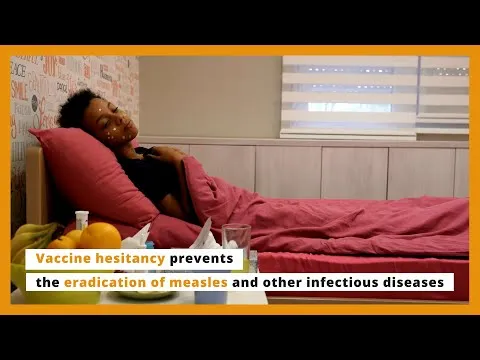
Alessia Melegaro's Plan to Better Understand Vaccination Motives
In 2020 epidemiological models such as SEIR (Susceptible, Exposed, Infectious, Recovered), that forecasts the evolution of an epidemic based on the number of secondary infections each infected individual produces (the famed R0), have been used by authorities in deciding public health measures and have almost become household discussion topics. These models are nowadays considered essential to provide insights on the spread of an epidemic, the potential impact of interventions and to furnish estimates on immunization levels required to interrupt the transmission. However, they consider neither demographic patterns nor human behavior which is driven by individual's perceptions of the risks and can determine their compliance to policy measures, such as vaccination, face masks or isolation.
Alessia Melegaro, Director of the Bocconi COVID Crisis Lab, won a European Research Council (ERC) Starting Grant in 2011 for a project aiming to integrate demographic trends and social interactions into epidemiological models and has now obtained a ERC Consolidator Grant for IMMUNE (Modelling the Impact of Human Behaviours on Infections Spread), a project meant to incorporate dynamic human behavior and, particularly, vaccination decisions. In the envisaged new models, these elements can change as a function of internal and external factors, such as disease dynamics, vaccine availability and vaccine scares, panic, social norms and peer effects.
The project, submitted to the European Research Council before the outbreak of the COVID-19 pandemic hit the European context, focuses on vaccine hesitancy, its determinants and its public health consequences. "The low vaccine uptake prevents the elimination of diseases such as measles, which could instead be eradicated," explains Professor Melegaro. In 2019 the United States reported its highest number of measles cases in 25 years, while four countries in Europe - Albania, Czechia, Greece and the United Kingdom – lost their measles elimination status in 2018 following protracted outbreaks of the disease.
Reports indicate that the leading causes of vaccine hesitancy are the fear of vaccine side effects, the perceived low risk of vaccine-preventable diseases, and the mistrust in health care providers. Unfortunately, providing corrective information on vaccine safety, debunking vaccine myths (such as the link between vaccines and autism) and providing information on the dangers of contracting infectious diseases has been shown to be ineffective and might even reduce vaccination intentions. Triggering altruistic behavior when the coverage level is above herd immunity and the incentive to free-ride is high, and making childhood vaccinations compulsory are other approaches that are being explored.
The individual's use of the Internet provides unprecedented opportunities to investigate collective social phenomena. Micro-blogging analysis and digital monitoring sources are recognized as key information to study socio-demographic processes and human behavior and, in particular, to comprehend individuals' sentiment towards vaccination. In parallel, mechanistic transmission models have benefited from computational advances and extensive availability of data on the mobility and sociodemographic structure of human populations. "It is therefore my purpose to fill in this gap, understanding the determinants of demand for vaccine, the channels through which the information is gathered, the decision process, and the impact this will have on disease epidemiology and associated risk." Professor Melegaro concludes.
The large amount of data collected during the COVID pandemic will also allow the research team to study the effects of other forms of behavior variability, such as those concerning the rules of social distancing and use of face masks, which affect the spread of a disease.
Understanding Vaccine Hesitancy
